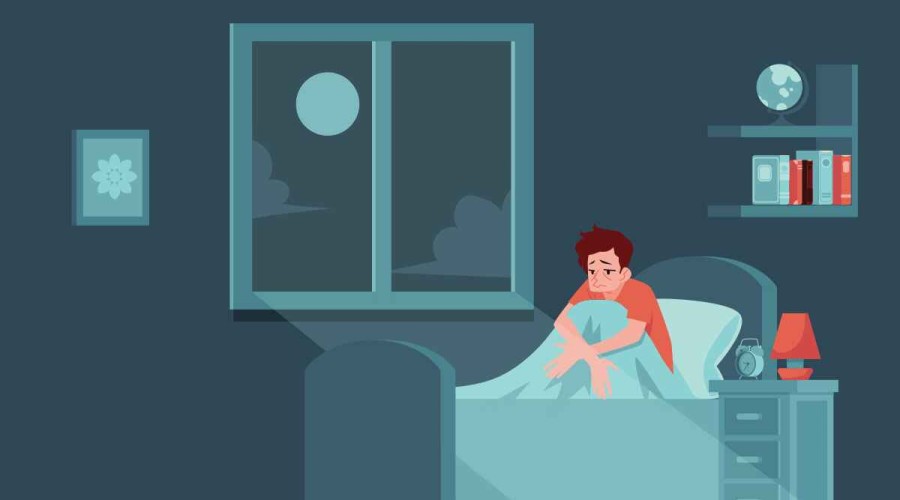What happens if you won't get enough sleep
Five things that happen to your brain if you don’t get enough sleep

Qazet.az shares with you article on Why do we need sleep.
Science recommends seven to eight hours for a full night’s rest. It may be tempting to stay up for work, study or leisure and sacrifice some sleep, but science shows you would also be sacrificing other brain functions as well.
Here are five things that happen to your brain if you don’t get enough sleep.
1) You’ll be less alert
If you didn’t get enough sleep, you might not be as alert as you think. After ten hours awake, people's average performance on the test took a downturn. After twenty-four hours awake, their alertness was just as impaired as people with a 0.10% blood alcohol concentration, above the legal limit of intoxication in the United States. The study concluded that only one night without sleep is as mentally damaging as being too drunk to drive.
2) Your reaction times will be slower
Reacting quickly is important in many tasks, but research has also found concerning links between sleep loss and reaction times. These studies asked participants to press a button as quickly as possible after random cues. Even a small restriction like sleeping for six hours a night produced a significant slowing of reaction times. Participants not only had delayed reactions, but also failed to respond at all to some cues, which may be caused by “microsleep” periods where the brain temporarily lapses out of conscious awareness.
3) Your emotions will suffer
Sleep deprived individuals report extremely negative moods, high irritability and volatile emotions. Body with stress hormones, impairs emotional intelligence, increases tendency to blame others, reduces ability to solve problems and decreases self-esteem, empathy and impulse control. Participants who were forced to stay up for fifty-six hours had increases in depression, anxiety and paranoia, showing that sleep is necessary for normal emotional functioning.
4) Your memory will decline
Sleep is crucial for the formation of memories. In sleep deprivation experiments, scientists have found that REM sleep, the deepest phase of sleep, is necessary to remember complex facts and procedures learned the previous day. By constantly waking up participants every time they entered REM sleep, they failed to learn procedures. When you have a big test coming up the next day, scientists actually recommend that you spend the night sleeping rather than studying.
5) Your sense of humor will disappear
If you’ve been losing sleep lately, you might want to think again. Participants were deprived of sleep and shown some simple visual and verbal jokes. Their understanding of the jokes were far below average compared to healthy individuals. Even when given caffeine, their sense of humor was still highly stunted.
